Bremelanotide
Bremelanotide is an injectable melanocortin receptor agonist. It is administered subcutaneously and indicated in premenopausal females for the treatment of Hypoactive Sexual Desire Disorder (HSDD), or low sexual desire. It has a unique mechanism of action that helps activate brain pathways that are involved in normal sexual responses. Safety and efficacy were established in premenopausal females 19 to 56 years of age with HSDD that causes marked distress or interpersonal difficulty and is NOT due to a co-existing medical or psychiatric condition, problems within the relationship, or the effects of a medication or other drug substance. Bremelanotide is not indicated for the treatment of HSDD in postmenopausal women, males, or to enhance sexual performance. In clinical trials, about 25% of patients treated with bremelanotide had an increase of 1.2 or more in their sexual desire score (scored on a range of 1.2 to 6, with higher scores indicating greater sexual desire) compared to approximately 17% of those who took placebo. Bremelanotide is used “as needed” prior to anticipated sexual activity; women do not have to use the drug on a daily basis.
Oxytocin
Endogenous oxytocin is a hormone secreted by the supraoptic and paraventricular nuclei of the hypothalamus and stored in the posterior pituitary. It stimulates contraction of uterine smooth muscle during gestation and causes milk ejection after milk has been produced in the breast. Oxytocin has been associated with mating, parental, and social behaviors. Oxytocin is released during intercourse in both men and women, which has led to the belief that it is involved in sexual bonding. There is speculation that in addition to facilitating lactation and the birthing process, the hormone facilitates the emotional bond between mother and child.2 Oxytocin has also been studied in autism and have some sort of relation to the social and developmental impairments associated with the disease.3 Clinically, oxytocin is used most often to induce and strengthen labor and control postpartum bleeding. Intranasal preparations of oxytocin, used to stimulate postpartum milk ejection, are no longer manufactured in the U.S. Oxytocin was approved by the FDA in 1962.
Tadalafil
Tadalafil is a selective phosphodiesterase (PDE) type 5 inhibitor similar to sildenafil and vardenafil. It is administered orally for the treatment of male erectile dysfunction (ED), pulmonary arterial hypertension (PAH), benign prostatic hypertrophy (BPH), or the concurrent treatment of erectile dysfunction and BPH. Tadalafil does not inhibit prostaglandins as do some agents for treating impotence (e.g., alprostadil). Unlike sildenafil, visual disturbances have not been reported with tadalafil, which is more selective for PDE5 than for PDE6 present in the retina. The duration of action of tadalafil for the treatment of ED (up to 36 hours) appears to be longer than that of sildenafil and vardenafil. Because PDE inhibitors promote erection only in the presence of sexual stimulation, the longer duration of action of tadalafil allows for more spontaneity in sexual activity. According to ED treatment guidelines, oral phosphodiesterase type 5 inhibitors (PDE5 inhibitor) are considered first-line therapy.4 Tadalafil was in phase II trials for the treatment of female sexual dysfunction, however, further investigation was discontinued. FDA approval was granted November 2003 for treatment of male erectile dysfunction (ED), and in January 2008, approval was granted for once daily use without regard to timing of sexual activity. Tadalafil (Adcirca) was FDA approved for the treatment of pulmonary arterial hypertension (PAH) in May 2009. In clinical studies of patients with pulmonary arterial hypertension (PAH), tadalafil-treated patients experienced improved exercise capacity and less clinical worsening compared to placebo. In October 2011, tadalafil received FDA approval for the treatment of the signs and symptoms of benign prostatic hyperplasia (BPH) and for the concurrent treatment of erectile dysfunction and BPH.

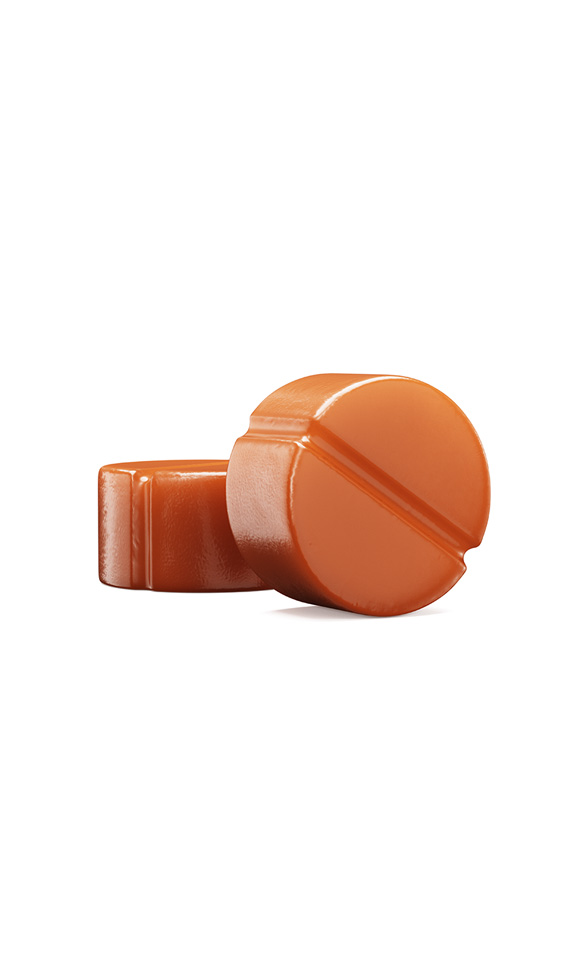
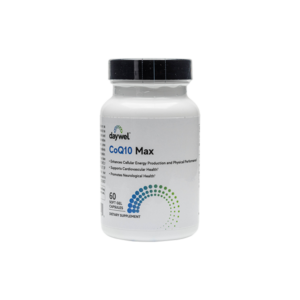
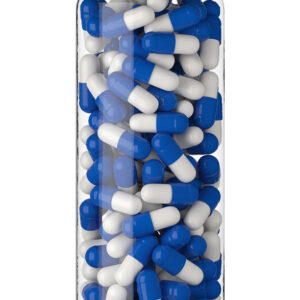
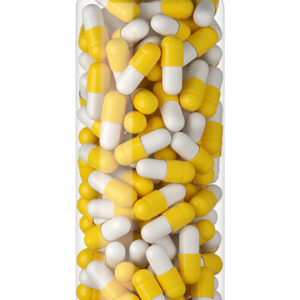
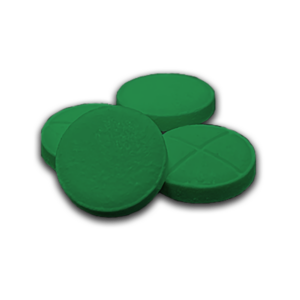
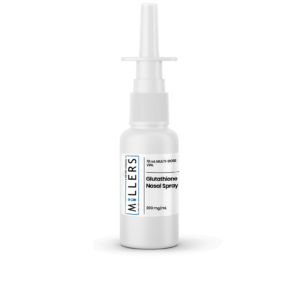
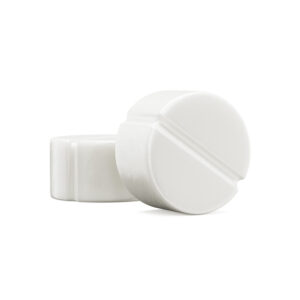
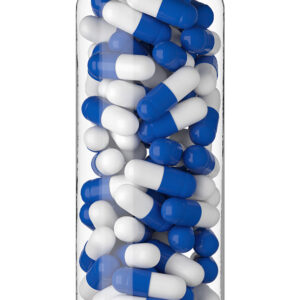
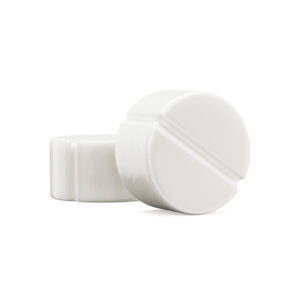
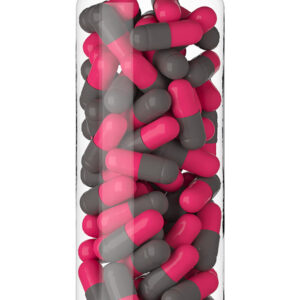
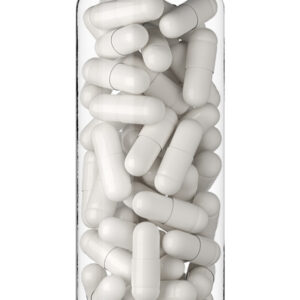
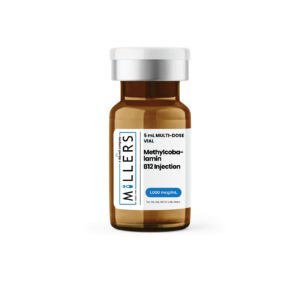
Reviews
There are no reviews yet.